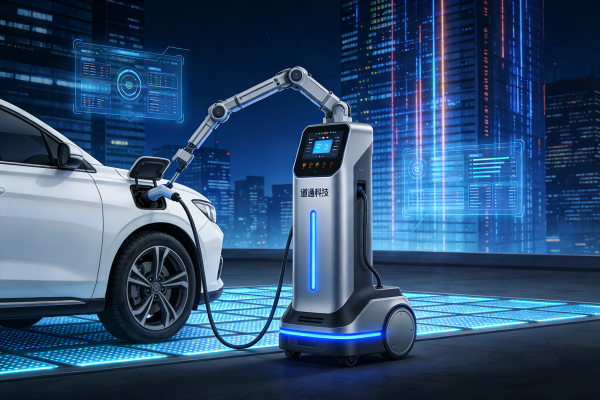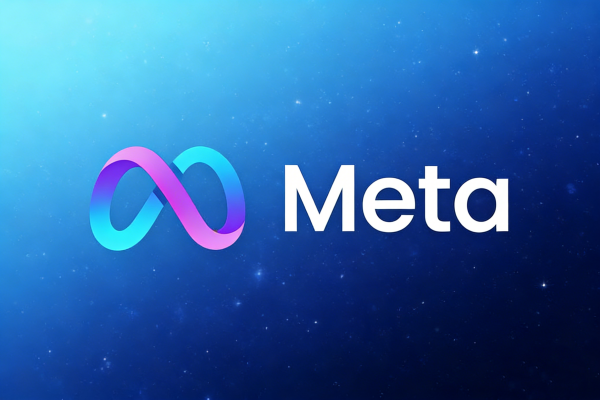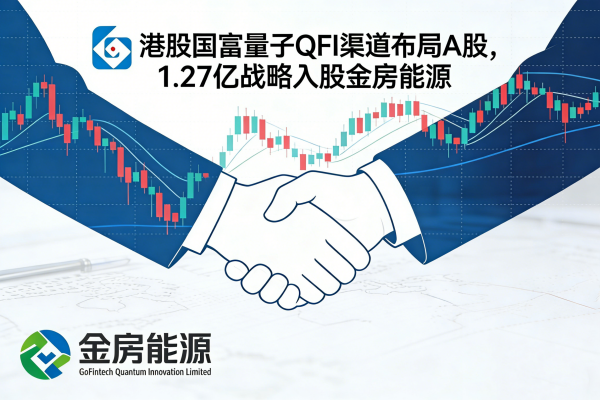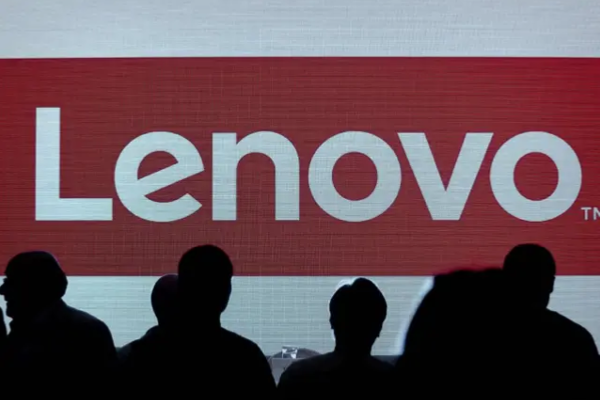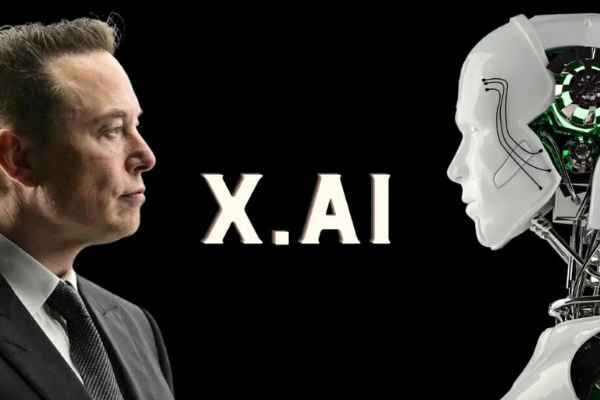Web3 industry leaders predict that 2025 will be the first year for the explosion of artificial intelligence (AI) agents
Artificial intelligence (AI) agents will transform Web3 by 2025, with cryptocurrency staking and on-chain trading emerging as early use cases, industry executives say.
Machines that autonomously pursue complex goals — agent AI — are already reshaping the digital economy, building Web3 applications, launching tokens, and autonomously interacting with humans.
By 2025, “AI agents are expected to play a more significant role in decentralized communities,” said J.D. Ser Seraphine, Web3 AI developer at Raiinmaker.
They will also face headwinds such as technical challenges, regulatory hurdles, and centralization, added Michael Casey, co-founder of the Decentralized AI Association.
“Without decentralization, centralized, misaligned systems will push us off a cliff, especially in AI,” Casey said.
A million AI agents
As of December, Web3 hosted around 10,000 AI agents, collectively earning millions of dollars per week from on-chain activity, according to a report from VanEck.
The asset manager expects more than a million AI agents to populate blockchain networks by the end of 2025.
“The potential areas for AI agents to interact with cryptocurrencies are endless,” said Matt Hougan, head of research at asset manager Bitwise.
The market capitalization of tokens related to agent AI grew by $10 billion in 2024, mostly in the fourth quarter, according to CoinGecko.
Agent AI projects include ai16z, which aims to use AI to guide online investing, and Virtuals, a platform for launching AI agents on Coinbase’s Base network.
Early use cases
Cryptocurrency staking on behalf of human token holders is a viable early use case for agent AI, Hougan said.
“We will see a lot of experimentation, but only a few will stick. For example, AI agents participating in staking seems like a logical first step,” Hougan said.
Staking refers to securing a blockchain network by locking tokens in validators in exchange for a share of transaction fees.
Meanwhile, ai16z’s agent Eliza autonomously manages an on-chain liquidity pool, purportedly earning an annualized return of more than 60%, according to daos.fun.
Still, on-chain AI models lag behind centralized AI models like OpenAI’s ChatGPT in terms of technical aspects like speed and computing power, Casey said.
Creating viable decentralized AI agents depends on finding “decentralized solutions to ensure high-quality training data while protecting user privacy,” Seraphine said.
At the same time, Casey added, “AI will face increasing regulatory pressure, and large companies like OpenAI are lobbying for regulations that are consistent with their own models,” which could have an adverse impact on decentralized AI.
For investors, “it’s okay to not know what will happen, as long as you recognize the importance of the risks and be prepared,” Hougan explained.
